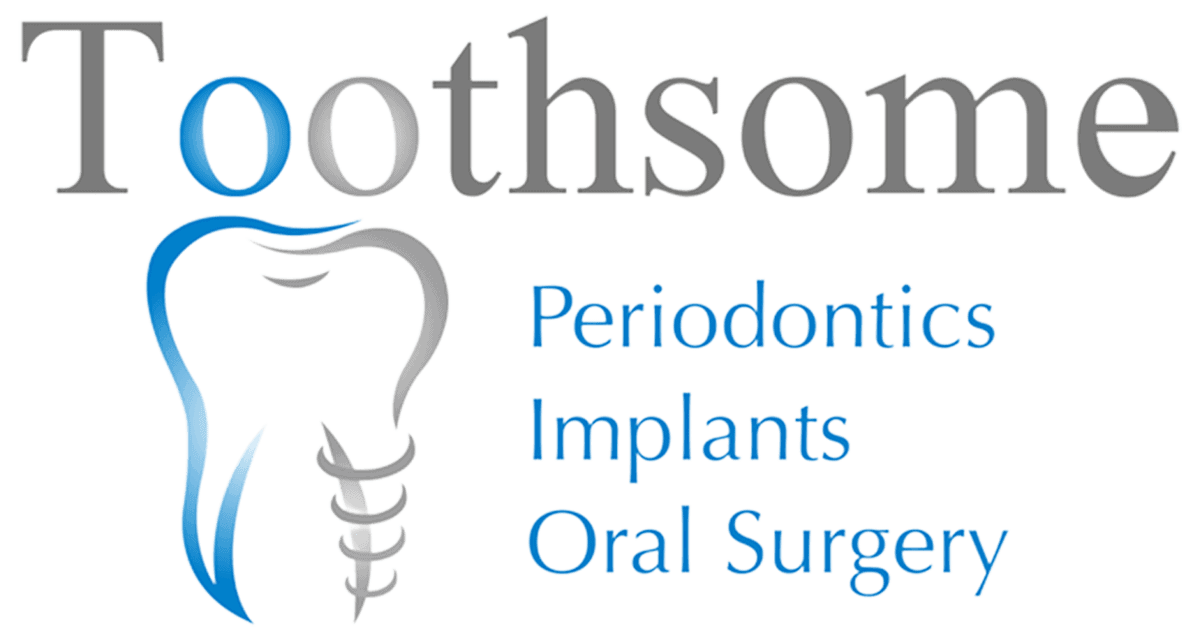
Your gum health is a crucial part of your oral health and can impact your overall wellbeing. Early gum disease, also called gingivitis, can quickly become advanced periodontal disease if left untreated.
Periodontitis can cause severe tooth decay, abscesses, and tooth loss. Advanced gum disease has also been linked to other health complications, including a higher risk of diabetes, heart disease, and stroke.
Early detection and treatment are vital to maintaining your oral health. If you have signs of gum disease, you may be wondering what types of treatments are available and how long it takes to get rid of gingivitis. Discover what symptoms to look for, what treatments are available, and how long it takes to recover from periodontal disease.
Symptoms of Gingivitis
Gingivitis is caused when plaque builds up on your teeth. If the plaque is not removed with twice-daily brushing and flossing, it calcifies into tartar along and under the gumline. This calculus irritates the gum tissue, causing inflammation. Tartar also traps bacteria, leaving your gums vulnerable to infection.
Knowing the signs of gingivitis can help you identify the condition and seek dental care as soon as possible. The earlier your dentist can treat gingivitis, the faster your recovery time. Some of the symptoms of early gum disease include:
- Swollen, puffy, or tender gums
- Gums that bleed after brushing or flossing
- Dark red gum tissue along the gumline
- Receding gums concerns
- Persistent bad breath
Going to your dentist for bi-annual visits can help them assess your gum health and catch early signs of gum disease before the condition worsens.
Diagnosing Gingivitis
During a dental exam, your dentist can check for signs of periodontal disease using several different diagnostic tools. An accurate diagnosis can help your dentist determine the best course of treatment.
Your dentist may start by taking a dental and medical history to determine if there are any lifestyle or genetic risks of complications due to gum disease. Then they perform a manual exam of your mouth to check for the presence of plaque or tartar.
Your dentist may also insert a dental probe into the gum tissue around your tooth to measure the pocket depth. Normal gum pockets measure between 1-3mm. Gum pockets between 4-5mm, indicate early gum disease.
If you have deep gum pockets, your dentist may also prescribe dental X-rays or digital imaging to determine whether there is any underlying damage to the tooth root or jawbone.
How Long to Get Rid of Gingivitis? Gum Disease Treatments
If detected and treated early, you can expect to recover from gingivitis within two weeks. To treat mild periodontal disease, your dentist may prescribe one or a combination of treatments, including:
Antibiotics
Antibiotics are typically used in combination with deep cleaning periodontal therapy to help eliminate bacteria that could cause your condition to progress towards periodontitis.
It is critical to take the full course of your antibiotics according to the dosage and duration prescribed by your dentist. Stopping antibiotics early or taking lower doses may increase the risk of antibacterial resistance.
Scaling
Scaling is a procedure to remove plaque and tartar deposits from below the gumline in the pocket between the gum and tooth root. During the treatment, your gum tissue is gently pushed back, and your dentist uses a tool called an ultrasonic (power) scaler. The device vibrates at a specific frequency to remove hardened tartar, while a cool water spray attachment flushes out the dental pocket.
The process also creates tiny air bubbles, which help to eliminate harmful bacteria. Bacterial growth is anaerobic, so the bacteria cannot survive in the presence of oxygen.
Scaling can be mildly uncomfortable. At Toothsome, we use gentle periodontal techniques, including local anaesthesia or dental sedation for anxious patients. You may experience some mild tooth sensitivity for several weeks after the treatment.
Root planing
Root planing is performed as part of a scaling procedure. The process involves the dentist using a curette to remove calculus from the tooth root. This smooths the tooth root’s surface, allowing the gum to more effectively reattach and reducing the depth of your gum pockets. Scaling and root planing can be performed over one or several sessions.
How Long to Get Rid of Gingivitis? Aftercare and Recovery
How you care for your teeth after periodontal therapy can significantly impact your healing timeline and how quickly you recover from gingivitis. Gum tissue needs time to heal after treatment for gum disease. While most gingivitis symptoms subside after two weeks, it may take up to a month before you are fully healed.
To speed up your recovery, follow these tips:
- Brush and floss twice daily
- Avoid brushing vigorously and use an ultra-soft-bristled toothbrush and non-abrasive toothpaste
- Avoid snapping the floss against your gums
- For the first 72-hours after treatment, avoid crunchy or sticky foods, as well as foods with small pieces like seeds that could become caught inside the dental pockets
- Use over-the-counter medication to manage discomfort

Get Healthier Gums at Toothsome
Healthy gums provide the foundation for better oral health. If you have signs of periodontal disease, book an appointment at Toothsome. Dr. Patty Chou, our Specialist Periodontist, can create a treatment plan to eliminate tartar and restore your smile. She can also answer any questions you have about how long it takes to get rid of gingivitis and how to care for your gums to prevent the condition from reoccurring.
Baulkham Hills: (02) 9158 6637
Chatswood: (02) 8203 8786
Note: Any surgical or invasive procedure carries risks. Before proceeding, you should seek a second opinion from an appropriately qualified health practitioner.
References
What is Scaling?
https://www.123dentist.com/what-is-scaling/ What to Know About Periodontal Scaling and Root Planing
https://www.webmd.com/oral-health/what-to-know-about-periodontal-scaling-and-root-planing Gingivitis: Diagnosis and Treatment
https://www.mayoclinic.org/diseases-conditions/gingivitis/diagnosis-treatment/drc-20354459 Gingivitis
https://www.healthdirect.gov.au/gingivitis


